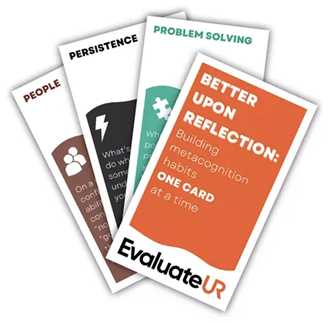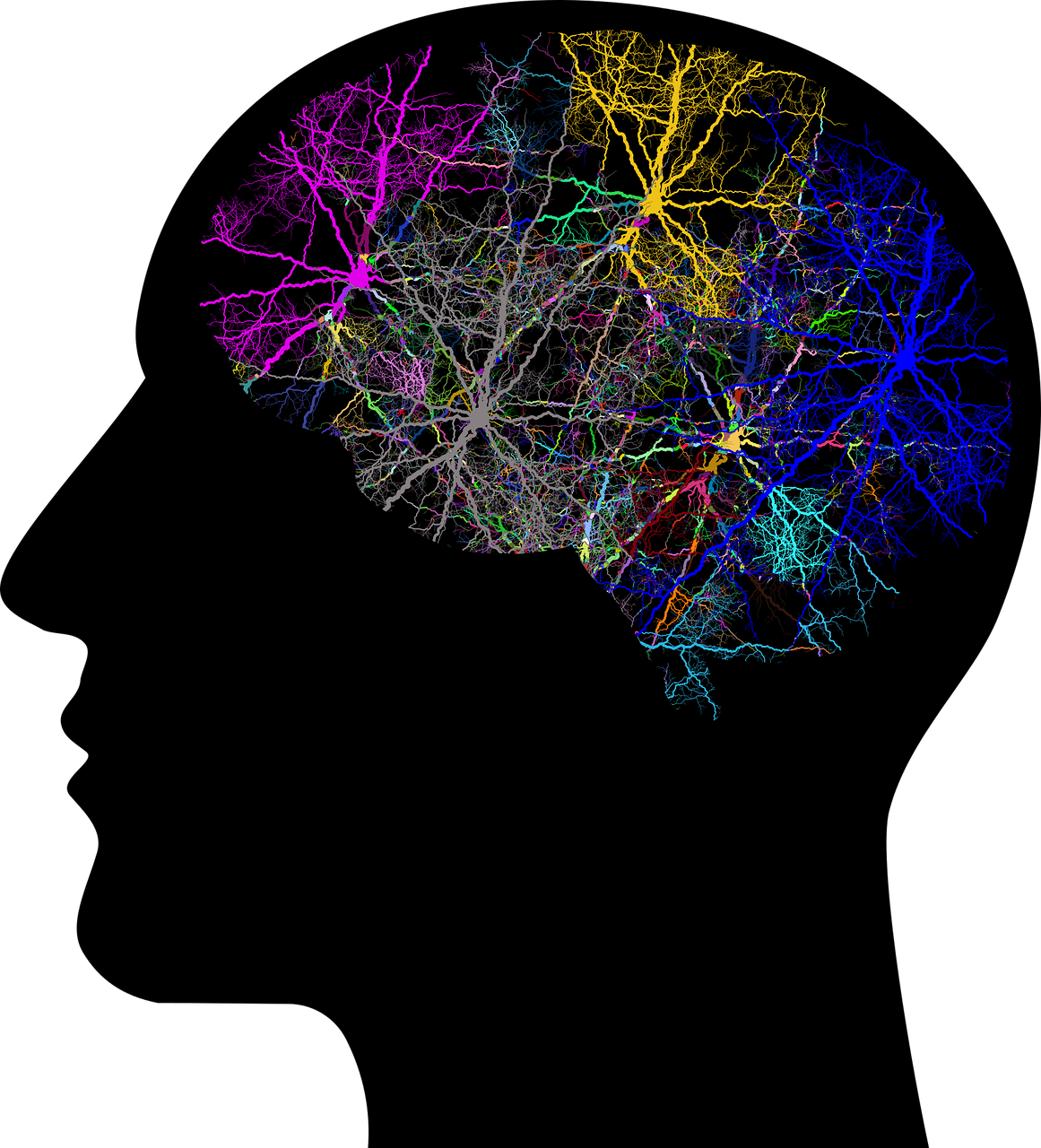| by Dennis Carpenter, University of Wisconsin-Colleges |
Downloadable |
Motivations and context: These assignments focus on study strategies, goal setting, and reflection on the effectiveness of study strategies and the extent to which goals have been achieved. These assignments are used in Introductory Psychology courses at UW Richland, one of fourteen UW Colleges open-enrollment freshmen-sophomore liberal arts campuses throughout Wisconsin. These classes typically enroll 15-35 students in each of two sections per semester. A diverse range of students take these classes from varying ethnic/racial/language backgrounds and levels of academic preparation. Many students struggle with basic academic and study skills. Such skills have been emphasized in these courses over the 16 years I have taught in the UW Colleges and the present metacognitive reflection assignments represent an evolution of this work.
Nuts and Bolts: The materials included represent a series of three assignments used in the Spring 2017 semester. These assignments vary across semesters based on the students, information I encounter in my reading, and my own reflection on their impact in previous semesters. This series of assignments is introduced at the beginning of the semester. For new students, this occurs within the context of discussing ways that college might be different from high school in demands and strategies required for success. For continuing students, this occurs within a discussion about student perceptions of what is required for success in college based on their own experiences. The course textbook includes personal application sections (Improving Academic Performance and Improving Everyday Memory) that are assigned as part of the first week’s readings (Weiten , 2017, pp. 23-25, 252-255). Sternberg (2016) provides an excellent overview of evidence-based effective study strategies and tips for success. This was used for the first time in the Spring 2017 semester as a supplement to Weiten (2017).
In the first assignment, students are encouraged to write about study strategies they intend to use in the course as well as goals for the first unit of the course concluding with the first of four exams. The first assignment is graded very quickly with feedback given to students within a week of submission. In-class feedback typically includes a focus on writing goals in more clear and specific ways so they are attainable. Online worksheets are readily available for helping students write SMART goals and can be helpful at any stage in this sequence of assignments. The second assignment is due a week after the first exam. At that time, students reflect on their exam performance and the effectiveness of their study strategies as well as the extent to which they met their goals. Students are encouraged to refine their strategies and goals for the second unit based on the outcome of the first exam, having a better idea of what is required in the course, and greater insight into their own learning processes. The third assignment is due a week after the second exam. Again, students are asked to reflect on their exam performance, the effectiveness of their study strategies, and the extent to which they met their goals. Students are also encouraged to narrow their focus for this assignment and discuss two main strategies or goals they intend to focus on for the rest of the semester. Over the years, students have appeared to increasingly struggle with focused study given the multitasking demands of their electronic devices. For this reason, the third and final assignment also includes a reading about unplugging from devices and regaining control of one’s life (Weir, 2017), and questions about student experiences related to points made in this article.
Outcomes: I have witnessed students making significant changes in their approach to academic work with improvements in course performance over the semester. Unfortunately, many students have not seemed to benefit from such intervention, at least during the semester taking this course or in ways visible to me. Goal setting and evaluation routinely emerge as significant challenges for students. Distributed practice, self-testing, and minimizing distractions represent some of the more common strategies students report being successfully used. Improved management of electronic devices while studying has been one of the most significant outcomes for students revealed in these assignments.
Lessons learned and future directions: I intentionally front-load these assignments to have maximum benefit. Students have perceived such assignments to be redundant when done after every exam in the past. In the future, I plan to re-introduce an end-of-the-semester reflection to better gauge the impact of these assignments. The student writing in these assignments provides a basis for one-on-one conversations with students about improving academic performance during office meetings. The positive impact of these assignments could be enhanced by structuring ways to have more follow-up conversations with students about their preferred study strategies and learning goals. I highly encourage integration of strategies for improving relationships with devices in any material on study strategies and metacognition. I welcome your feedback about how I might improve these attempts to improve student metacognition and look forward to learning more about your attempts to do so.
Readings Provided to Students
Sternberg, R. J. (2016). Introduction to optimizing learning in college: Tips from cognitive psychology. Perspectives on Psychological Science, 11(5), 642-660.
Weir, K. (2017, March). (Dis)connected. Monitor on Psychology, 48(3), 42-48.
Weiten, W. (2017). Psychology themes and variations (10th ed). Boston, MA: Cengage.
Grading rubrics: Rubric 1, Rubric 2, Rubric 3



